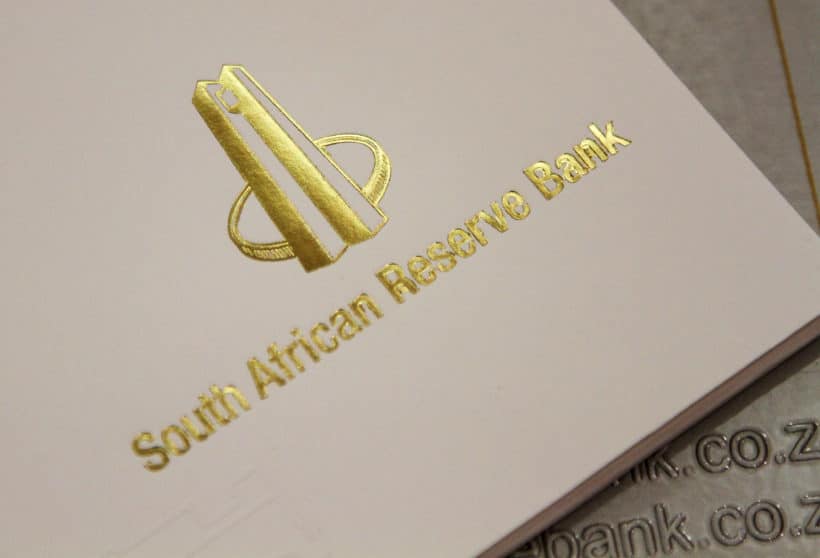
JOHANNESBURG, May 20 (Reuters) – South Africa’s central bank left its repo rate unchanged at 3.5% in a unanimous decision on Thursday, saying it saw a risk of higher inflation but that the current lending rate was supportive of the economic recovery.
The Reserve Bank (SARB) has now kept rates on hold in its last five meetings, resisting pressure to match rate hikes by fellow emerging market central banks.
The decision was in line with a Reuters poll last week, where all of the 25 economists polled expected unchanged rates.
Headline consumer price inflation increased to 4.4% year-on-year in April, its highest since February last year, from 3.2% in March, data from Statistics South Africa showed on Wednesday.
The bank trimmed its forecast for consumer price-growth in 2021, to an average of 4.2% from 4.3% in March. It left forecasts for CPI in 2022 and 2023 unchanged, at 4.4% and 4.5% respectively.
“The overall risks to the inflation outlook appear to be to the upside,” SARB governor Lesetja Kganyago said.
“Despite generally low pass-through, a weaker rand would create additional upside risk to inflation, alongside the ongoing risk from electricity and other administered prices,” said Kganyago.
The bank has kept rates on hold despite pressure to match rate hikes by other emerging markets such as Russia, Turkey and Brazil, and in anticipation of tighter monetary policy by the United States Federal Reserve.
“Should the balance of risks change we stand ready to use our tools to contain inflation,” Kganyago added.
The bank raised its growth forecast for the year to 4.2% from 3.8% previously, citing favourable global conditions and firmer terms of trade spurred by strong commodity export prices.
(Reporting by Mfuneko Toyana Editing by Joe Bavier and Toby Chopra)